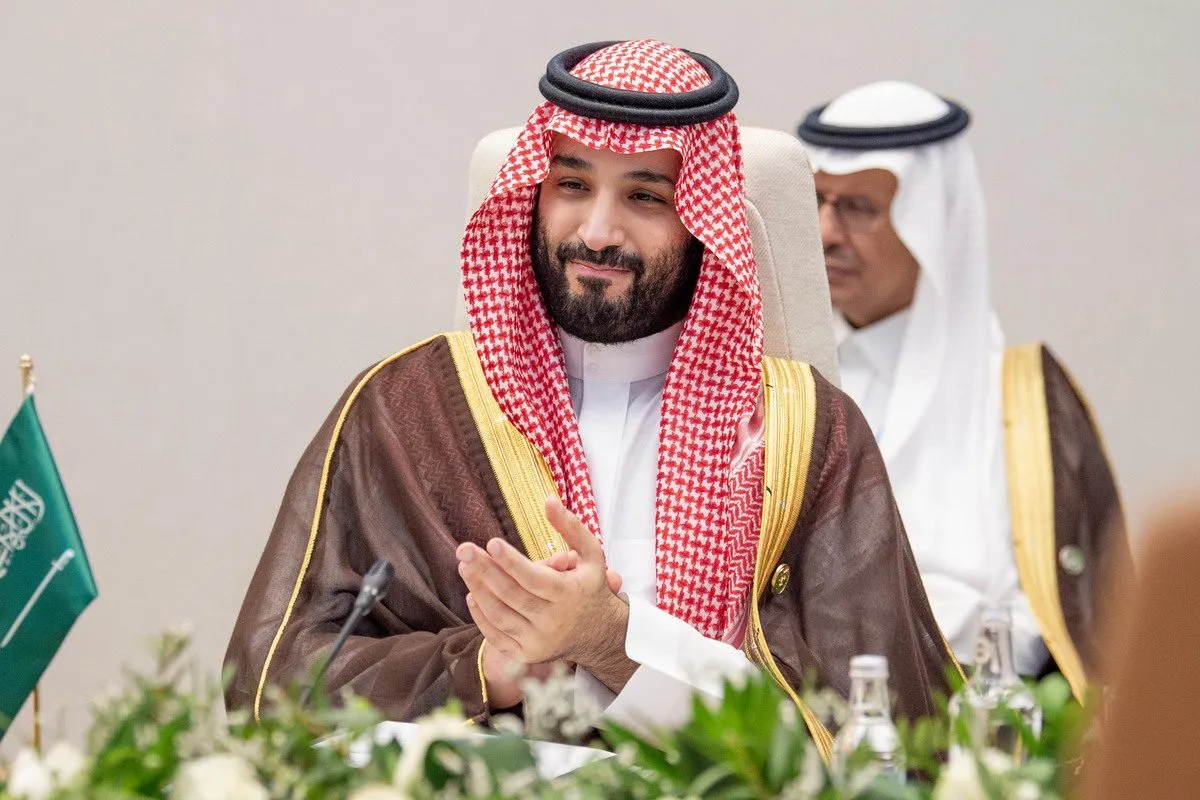South Asian talent takes center stage in Saudi Arabia’s recent citizenship initiative. Prominent figures like Dr. Mehmood Khan from Pakistan and Faraz Khalid from India have joined the ranks of Saudi citizens. This strategic move is designed to attract and retain global expertise in line with Saudia’s Vision 2030. It highlights the growing influence of South Asian talent on the Kingdom’s future.
Recognizing Excellence Across Industries
This selective citizenship program was formalized in 2021 after being hinted at in 2019. It empowers the Prime Minister to grant citizenship based on specific criteria. These criteria include Arabic fluency and “good conduct,” as well as expertise aligned with Vision 2030’s objectives. The inclusion of South Asian talent underscores the Kingdom’s recognition of the region’s contributions to fields like healthcare, technology, and beyond.
Dr. Mehmood Khan: A Legacy of Scientific Achievement
Dr. Mehmood Khan, a Pakistani scientist raised in England, embodies the caliber of South Asian talent embraced by Saudi Arabia. After earning his medical degree from the University of Liverpool Medical School, Dr. Khan built a distinguished career. He held senior positions at PepsiCo and Takeda Pharmaceuticals. Despite his international upbringing, Dr. Khan has expressed pride in his Pakistani heritage. He now leads the Riyadh-based Hevolution Foundation, which is a testament to his continued pursuit of scientific advancement. It also highlights Saudi Arabia’s investment in healthcare innovation.
Faraz Khalid: Pioneering E-Commerce in the Kingdom
Further demonstrating the breadth of South Asian talent being welcomed, Faraz Khalid, an Indian entrepreneur, brings his expertise to the forefront. He contributes to Saudi Arabia’s growing e-commerce sector. With a degree of Masters in Business Administration (MBA) from the Wharton School, Khalid co-founded Namshi, a successful e-commerce platform in the Middle East. He now serves as the Chief Executive Officer of Noon, showcasing his commitment to driving digital innovation within the Kingdom.
Also See: Google Launches an Accelerator Program for South Asia
Who Else Beyond South Asian Talent?
Beyond South Asian talent, the program embraces individuals from diverse backgrounds. These include Dr. Moatasem Al-Zoubi, a Syrian neurosurgeon, Rami Al-Qawasmi, a serial entrepreneur focused on AI, Ahmed Mirghani, a Sudanese venture capitalist, and Islam Zween, the Egyptian CEO of Argaam. Additionally, American scientist Jackie Y. Ying, Lebanese scientist Niveen Khashab, and French scientist Noreddine Ghaffour further enrich the pool of expertise. They bring their respective specializations in nanotechnology, bioengineering, and water desalination.
Shaping a Globally Competitive Saudi Arabia
By strategically granting citizenship to individuals like Dr. Khan and Khalid, Saudi Arabia is actively shaping a future powered by global talent. It reflects a broader trend within the Kingdom, one that embraces globalization while maintaining a firm grip on national identity. This strategic recalibration, evident in social reforms and economic diversification efforts, suggests that Saudi Arabia is forging a path toward becoming a significant power while carefully curating the architects of its future. This selective citizenship program is a calculated step towards building a globally competitive Saudi Arabia, with South Asian talent playing a pivotal role in its success. As Saudi Arabia strategically reshapes its social fabric and global image, the long-term impact of its selective citizenship strategy remains a question etched in the sands of time.
This news story is covered by Najam ul Hassan, Junior Research Associate at South Asia Times (SAT).






![Prime Minister Narendra Modi with External Affairs Minister S. Jaishankar at an official event. [Photo Courtesy: Praveen Jain via The Print].](https://southasiatimes.org/wp-content/uploads/2026/02/20-scaled-e1755601883425-1024x576-1.webp)